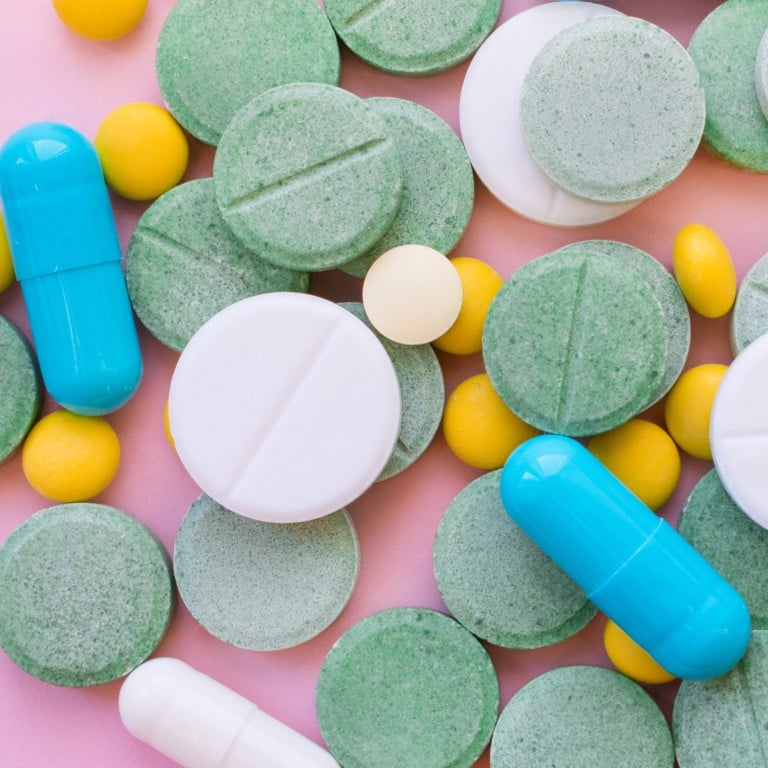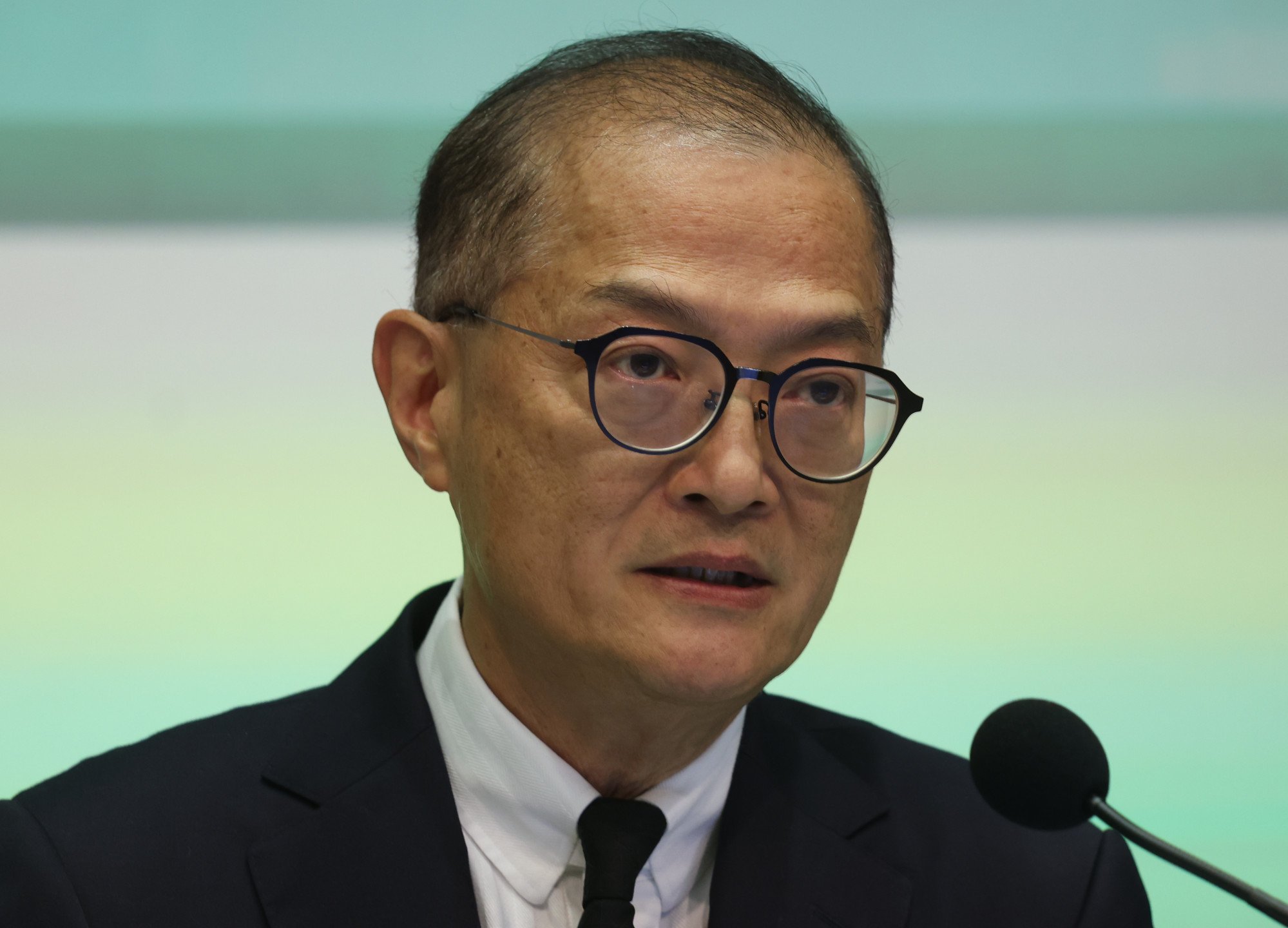
Hong Kong could need up to a decade to create drug regulatory body recognised internationally, health secretary says
- Health secretary Lo Chung-mau says revised drug registration system could help pave the way to membership of Swiss-based international pharmaceutical council
- Director of health says city has applied for International Council for Harmonisation of Technical Requirements for Pharmaceuticals for Human Use observer status
But Lo Chung-mau said on Friday that a streamlined drug registration system to be launched next week would help pave the way towards the goal.
He explained it could take up to a decade for the city to become a member of the Swiss-based International Council for Harmonisation of Technical Requirements for Pharmaceuticals for Human Use (ICH).
“After we have become a member of ICH, we can gain international recognition. Drugs registered in Hong Kong will also be internationally recognised,” Lo said.
“We will need to collect a certain amount of data and it will take some time.”

Lo was expanding on Hong Kong leader John Lee Ka-chiu’s policy address commitment earlier this week to a range of measures to boost the city’s reputation as a centre for medical innovation.
The government earlier unveiled its ambition to create a system for direct approval of drugs and medical devices without the need to rely on other regulatory authorities.
Dr Ronald Lam Man-kin, the director of health, revealed that the city had applied in June for ICH observer status and would canvass support from council members at a meeting next month.
But Lo emphasised that the city would not need to wait for ICH membership to set up its own drug regulatory body, or a primary evaluation mechanism.
The city could also run its drug approval system for at least five years, then submit the relevant information to the ICH as part of a membership application.
Lo compared the ICH with competition in the Olympic Games and a drug approval system with doing sports for exercise.
“If we want to be a world-class athlete, compete with other countries and be an authority, we would need to go to an arena like the Olympics,” Lo said.
“But if we want to do exercise, which is drug approval, it is not a must to join the ICH to do so.”
Hong Kong can and should have its own drug approval body
Lo added that Hong Kong was striving to develop a drug regulatory body on a par with international standards, instead of building on the systems of the United States or mainland China.
“Hong Kong is a window for our motherland to stay connected to the world,” he said. “To maintain ourselves as an internationally recognised drug approval authority, we have to develop our own approval system.”
Lo said he hoped to set up the drug approval body as soon as possible, but that it was important not to rush it.
“If we conduct primary evaluation without being prepared, without enough experts, ability and the whole process, there will be a huge impact on our citizens’ health and quality of our healthcare services,” he warned.
“Our approach is evidence-based. We are not planning to achieve primary evaluation simply for the sake of it or to promote the sale of medicine. We aim to bring good quality medicine to our citizens.”
He said manufacturers of drugs for severe or rare conditions could apply for registration in the city under the new mechanism if they had registration from one referencing regulatory body and with Hong Kong clinical data.
Lam added the move could help pave the way for an independent drug approval system.
“We can gradually train and gather experts, get prepared and understand what we are lacking for the primary evaluation mechanism,” he said.
He added the revised drug regulatory system could also speed up registration.
‘We should no longer be followers’: Hong Kong scientists back drug regulator plan
Lam said, in the case of a drug such as one to treat the rare Alagille syndrome, a genetic liver condition, it could take two years to get it registered in the city under the present system, which needed registrations from two referencing bodies.
But he predicted the time required could be slashed to just five months under the new mechanism.
The policy address delivered on Wednesday also mentioned that the Hong Kong Jockey Club would provide funding to the government to improve its ability to fight infectious diseases.
Lam said authorities would also boost joint efforts by the city and the mainland in disease prevention and control, including improvements in data surveillance, analysis and prediction.
He added the sewage water surveillance scheme would be expanded to other infectious diseases and a system for sharing information on cross-border infections would be set up involving the mainland and other parts of the region.
“A digital management system for communicable disease will also be set up to integrate disease surveillance, contact tracing, patient management, data analysis and law enforcement support,” Lam said.
“We will optimise the infection control infrastructure and facilities for high-risk groups such as care homes for elderly and disabled people, and schools.”
Lam added that the Jockey Club funding would also be used for research on the prevention and handling of emerging infectious diseases.


